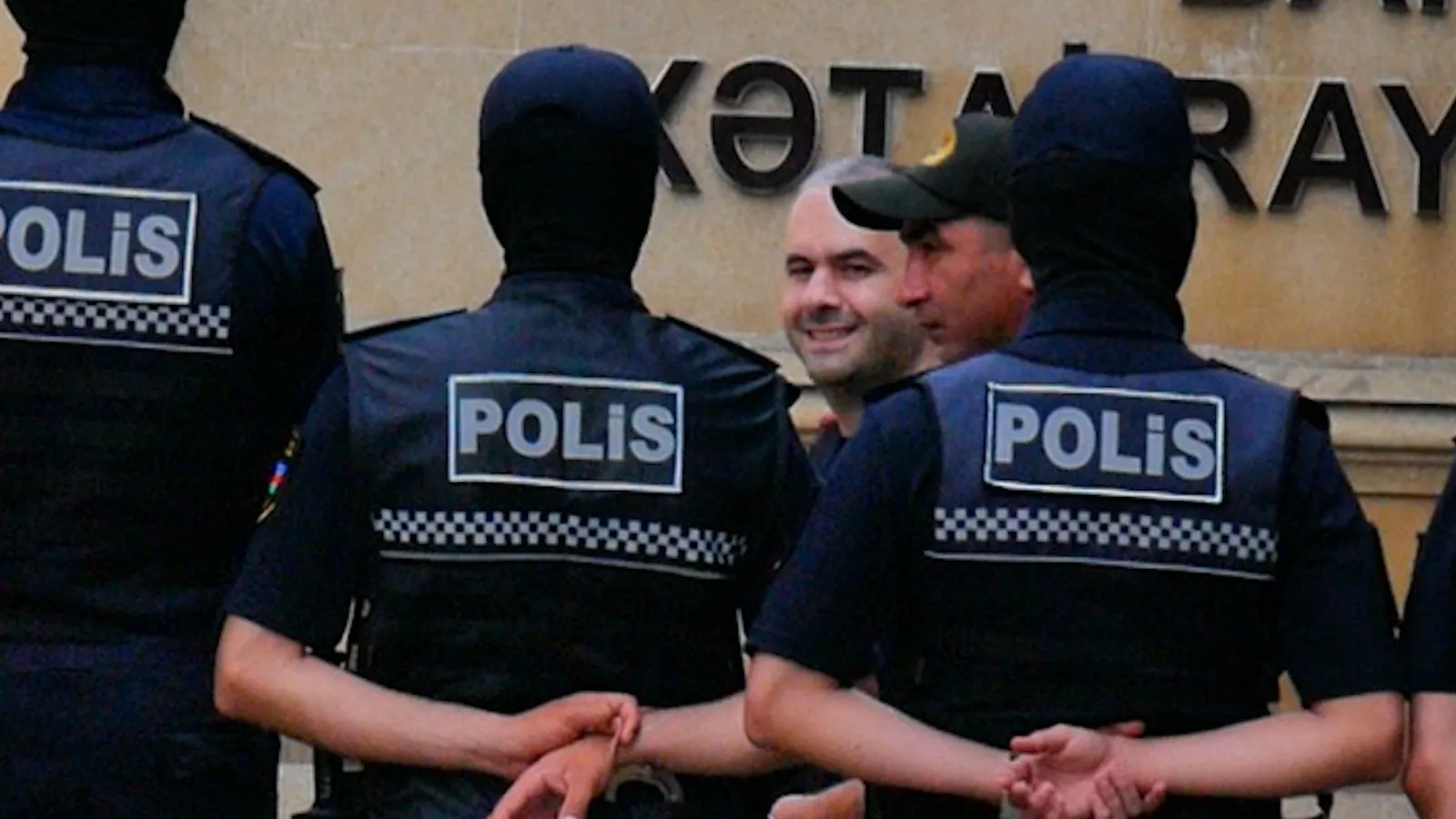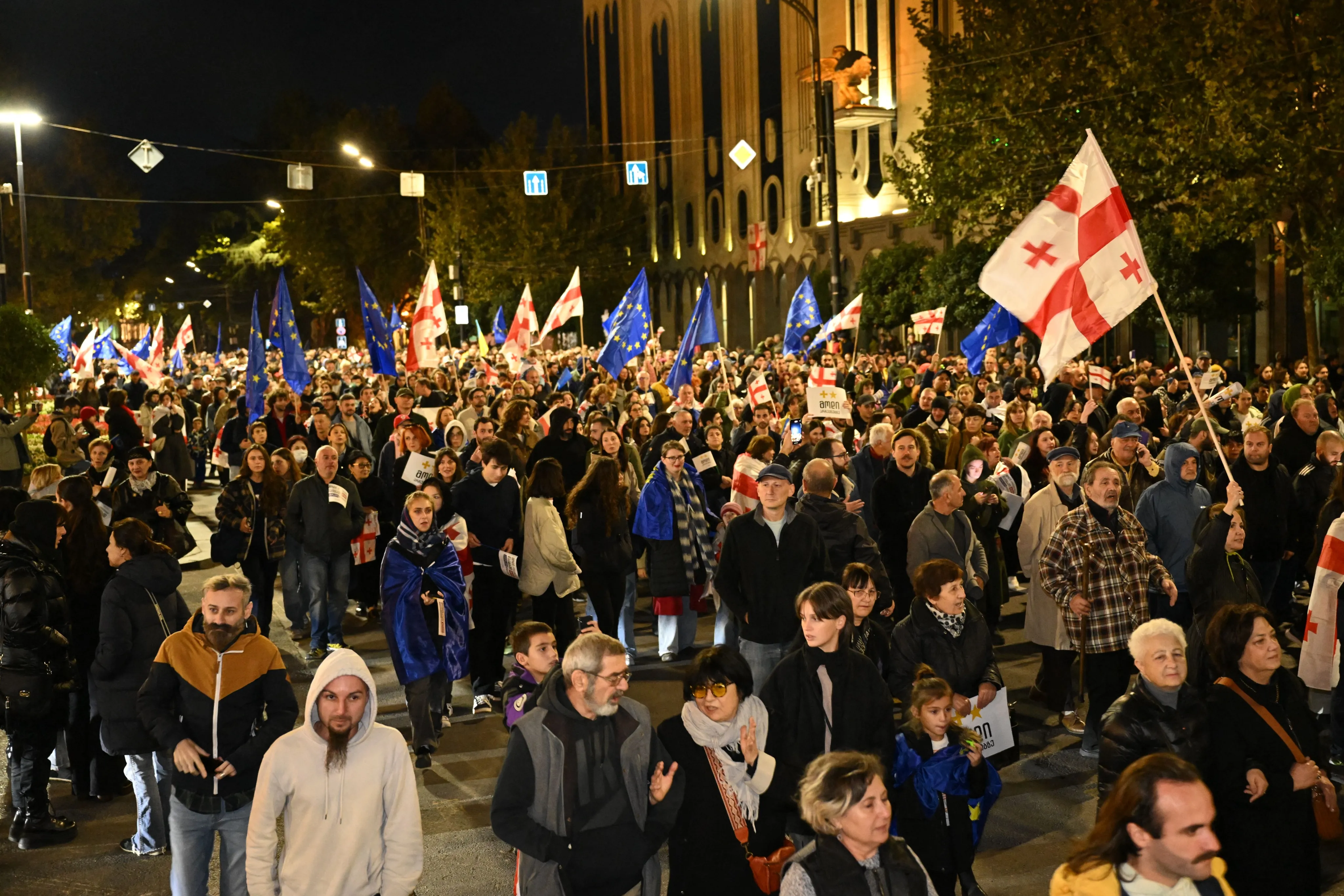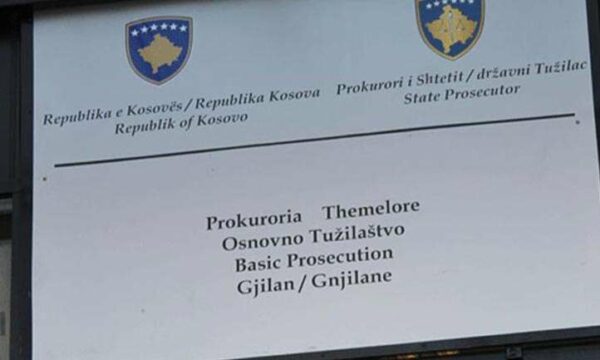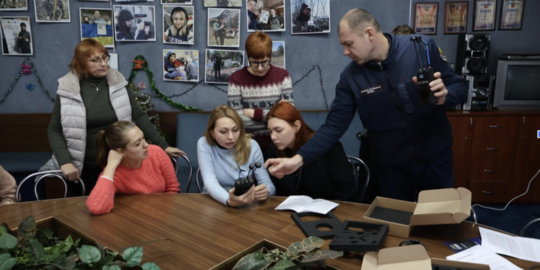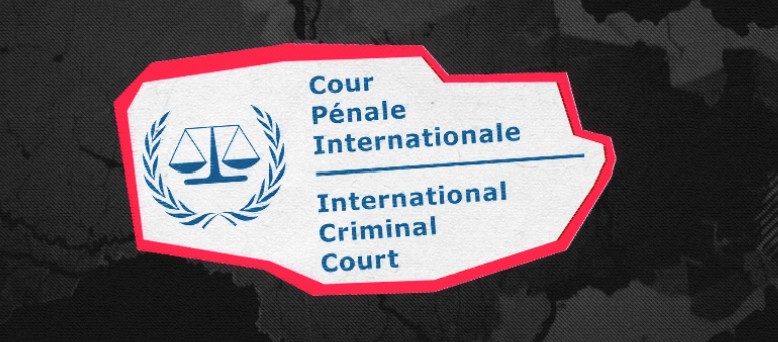In April 2025, two French journalists were denied entry into Georgia after reporting on anti-government protests. This incident has sparked concern among press freedom organizations, including Reporters Without Borders (RSF), which called it a disturbing sign of Georgia’s growing authoritarianism. The journalists had previously covered demonstrations opposing a controversial “foreign agents” bill that critics say is aimed at silencing dissent and restricting civil society.
The “foreign agents” bill requires media outlets and NGOs that receive more than 20% of their funding from foreign sources to register as organizations acting in the interests of a foreign power. Many argue the law is inspired by similar legislation in Russia and undermines both media freedom and Georgia’s democratic development. Its advancement through parliament has led to massive public protests, prompting harsh police responses and repeated crackdowns on journalists covering the events.
Georgia’s treatment of the French reporters adds to a concerning trend. According to the Council of Europe, press freedom alerts in Georgia tripled in 2024 compared to the previous year. Journalists have increasingly faced surveillance, physical violence, and legal pressure. The government has also made it more difficult for international journalists to enter the country, especially those perceived to be critical.
This clampdown comes at a time when Georgia is seeking closer ties with the European Union. However, critics argue that the government’s actions are moving the country further away from EU values, particularly in areas of free speech, political transparency, and human rights. RSF and other international watchdogs are calling on Georgian authorities to reverse these measures, allow unrestricted reporting, and drop the foreign agents bill.
The rejection of the French journalists at the border may appear symbolic, but it reflects deeper tensions in Georgia’s political landscape. As the government tightens its grip on information and dissent, the fate of independent journalism in the country remains uncertain, posing serious questions about its democratic trajectory and future in the European community.


